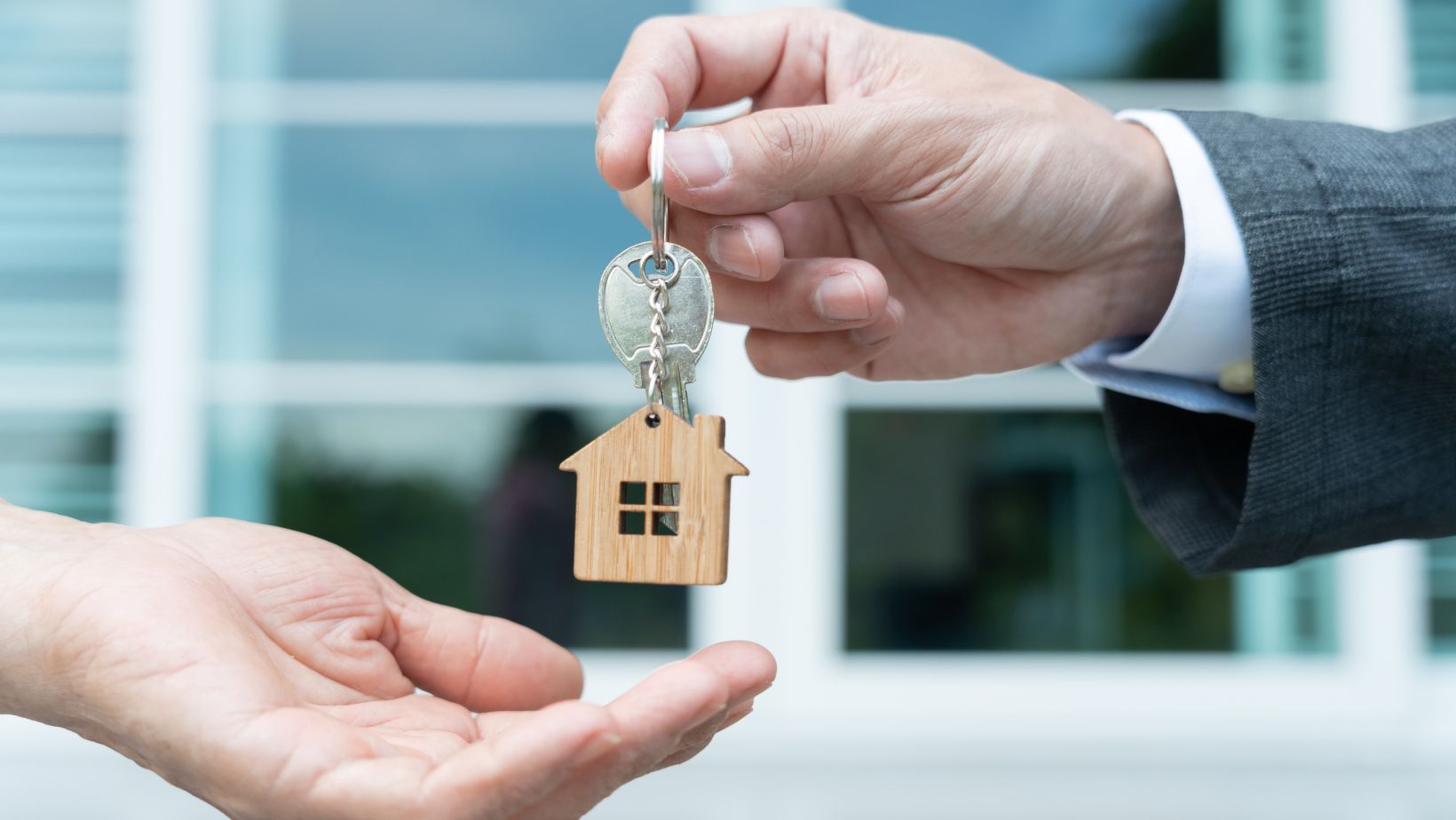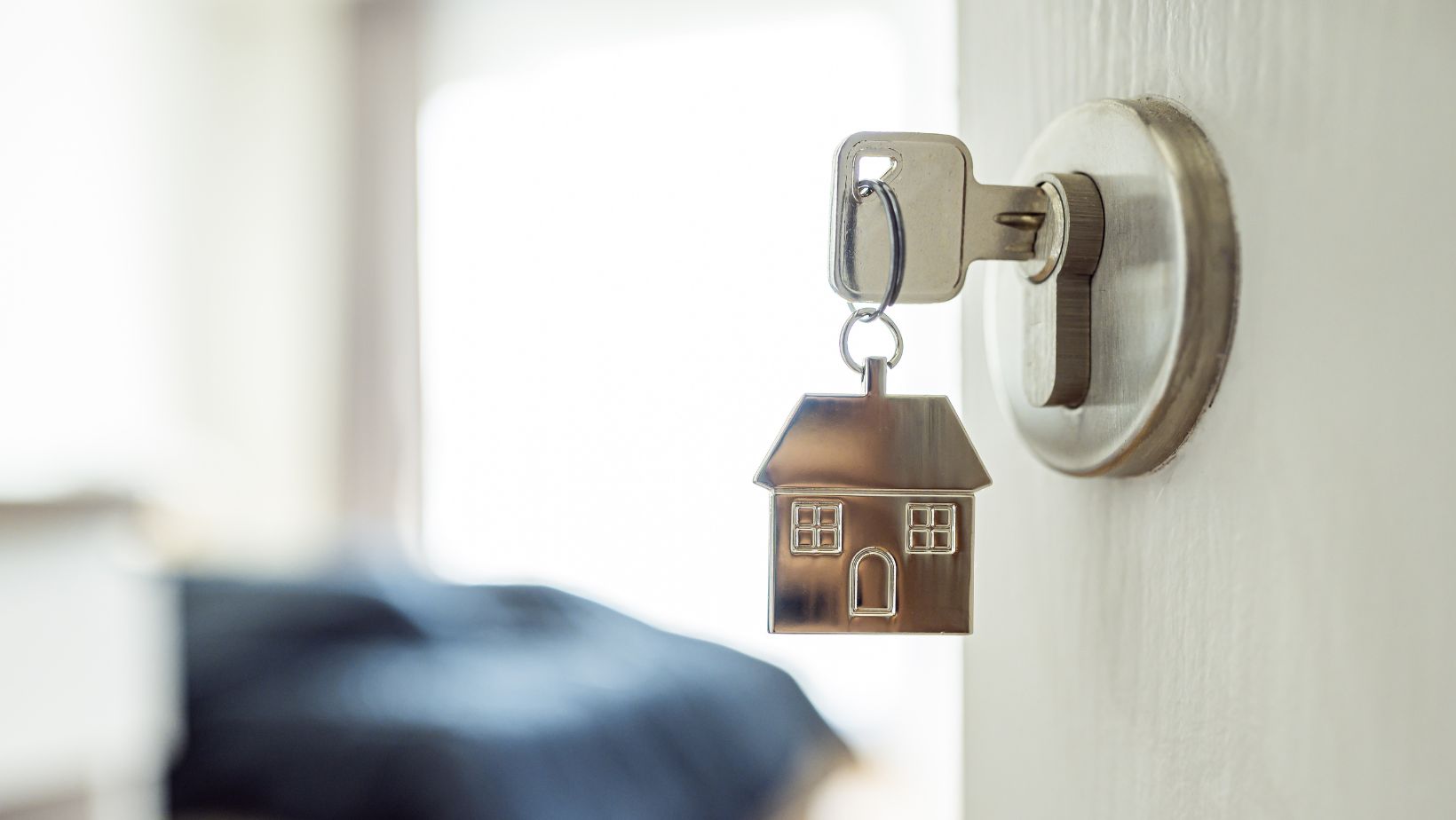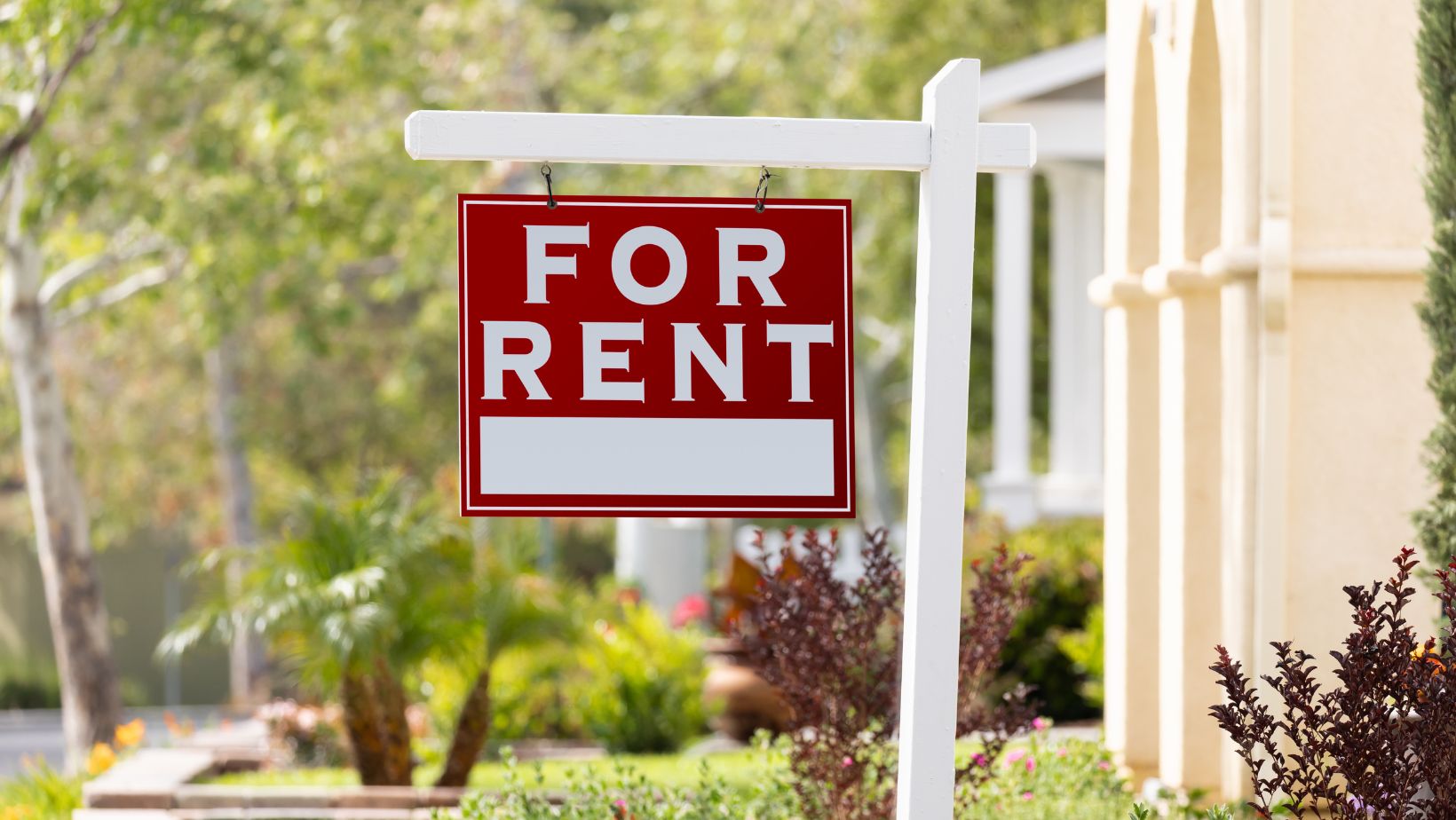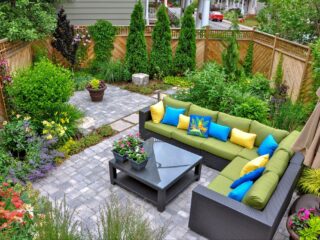
Tenants sometimes need help turning their new rental into a true home. Landscaping could give you more control over a property alongside a great sense of responsibility. Read on and learn ten great tips for landscaping your rental.
Can You Landscape Rental Homes?
Every landlord has different rules about what you can and can’t do with their property. You might find the answer in your residential lease agreement. If you don’t, it’s always worth asking — the worst they can say is no. But you’ll need to respect their final decision.
Even if they allow it, they may have certain conditions. They might ban you from paving over the outdoor areas, for example. Be ready to negotiate if you want more than a few potted plants. It’s possible to convince them if you prove you’ll keep up with regular maintenance.
Ten Tips For Landscaping Renters
You have to follow certain rules when landscaping as a renter. This is because you might not be in the property forever. With this in mind, here are ten landscaping tips that can help any tenant.
-
Keep Everything Low Maintenance
Landscaping covers any change to a property’s outside spaces. But a renter’s budget means it’s probably best to focus on plants. These don’t require much upkeep, either. Owners usually worry about renters who landscape their home but don’t maintain it. Plants are a much simpler option that’s incredibly popular with Gen Z renters.
-
Use Rain Gardens
A rain garden is a shallow depression that collects rainwater. This helps when the weather takes a turn. Find flood-resistant plants and place them where they’ll get the most runoff. This protects the rest of the garden during bad weather. Rain gardens are only 6–12 inches deep — meaning they won’t mess with the yard’s overall look.
-
Check Local Ordinances
Always look at your local council or homeowner association’s rules. They might be more strict about landscaping than your landlord. For example, they may only allow certain plants and ban species they see as invasive. If your lawn is higher than ten inches in some New York cities, they may even fine you.
-
Ensure a Neutral Theme
The landlord might not want your plants too flashy or “out there.” When landscaping, don’t be afraid to show some personality.
But others will probably want to use the garden when you move out. This means you should ensure the home’s outside still looks presentable for future tenants.
-
Keep Up With Maintenance
Even low-maintenance options still need care. Don’t neglect your duties here — or your landlord might take notice. They may then revoke your landscaping privileges. Falling behind on this will leave a lot for you to deal with later. You must also take care of any outstanding issues before you move out, such as calling a rental property handyman for repairs that need immediate attention.
-
Use Local Plants
Local plants that naturally grow nearby will perfectly fit your garden’s dirt. This helps biodiversity and means you won’t need as much fertilizer. Your town or city might only allow these plants for these exact reasons. These plants are also ideal for a renter’s budget. This is because fertilizer costs easily add up over time.
-
Consider Container Gardening
Your landlord might say no to planting new species. But container gardening won’t affect nearby plants or the yard itself. You can keep your whole garden in containers and pots. These are portable, meaning you can take them to your next home. Few landlords will be able to say no to this approach.
-
Outdoor Furniture
Moving away from plants, you should consider adding outdoor furniture. This turns the yard into a great social space. You can even pick chairs and tables that fit the home’s look. These won’t permanently change the home’s landscape. You’ll also be able to take this with you once you’re ready to move out.
-
Add a Pet Zone
In most tenancies, pets are a controversial topic. But you can convince some stubborn landlords if you prove your pet’s good behavior.
Fencing off a clear “pet zone” in the yard will give them an extra space to run around. This also means they can stay on the property without being stuck indoors.
-
Remember General Lawn Care
Even if you don’t change the home’s outdoor spaces, you may be responsible for the lawn. For example, you might need to mow and water it regularly. Failing this could end with the city fining you. Check the property weekly for weeds and remove any you find — or else they’ll quickly spread.
Conclusion
Landscaping is a big responsibility with any property. Only inquire about this if you’re sure you’ll keep up with every bit of maintenance. Your landlord might even add a clause to enforce this, so always read your lease agreement.







